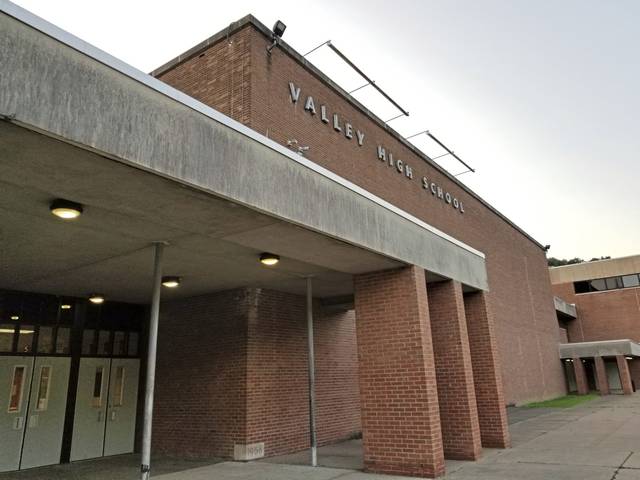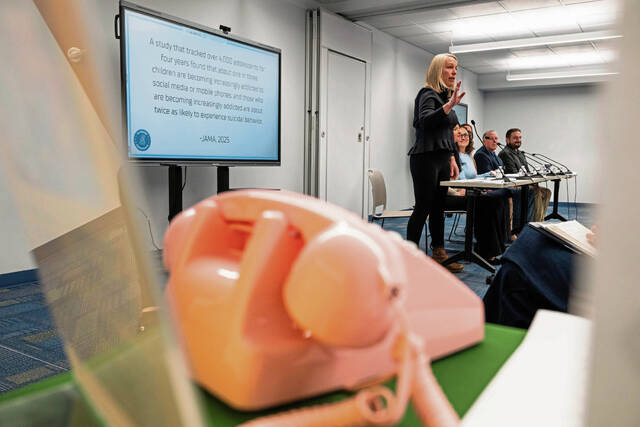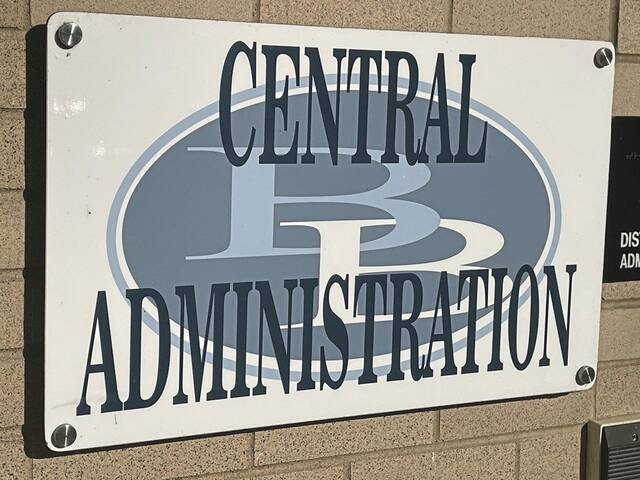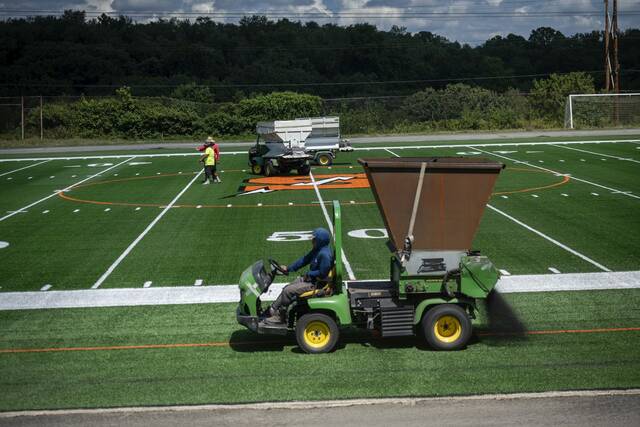Even with a property tax increase more than double its state limit, the New Kensington-Arnold School District will empty its reserves by the end of the 2020-21 school year and go into the red, the district’s business manager projects.
A 7-mill property tax increase is included in the $38.96 million preliminary budget that Business Manager Jeff McVey prepared for the school board.
That would increase the tax rate from 85.27 mills to 92.27 mills. For a home assessed at $20,000, that would increase the annual tax bill by $140, from about $1,705 to $1,845.
The district will start its 2020-21 fiscal year with a fund balance of about $640,000. By the end of the school year, the district will have spent all of that and be in the red by nearly $350,000, according to McVey.
The district had a fund balance of about $7.6 million a decade ago at the start of the 2009-10 school year.
McVey said the district ran a deficit, spending more than its revenue, in eight of the past 11 school years.
For the 2019-20 school year, the district will spend about $1.25 million more than it collected, despite reaping nearly $850,000 from the sale of the Fort Crawford building. That will drop the fund balance from the nearly $1.9 million it started the year down to about $640,000.
Presented with this information at a finance committee meeting Wednesday, newly elected school board member John DeAntonio said he worries that residents will blame the new school board, which took office this month.
“We will look like the bad guy,” he said. “It’s not our fault.”
But school board President John Cope, also newly elected this year, says he isn’t concerned about that.
“This community knows who the bad guys are,” he said. “We wouldn’t be sitting here if the community didn’t know who the bad guys are.”
DeAntonio and Cope were among five new members New Kensington-Arnold voters elected to the nine-member board in November. Cope and DeAntonio are among four that were part of a group promising to bring change to the district.
The five new faces were the only board members to attend the finance meeting during which McVey gave his budget presentation. Eric Doutt, the only incumbent re-elected this year, and Robert Pallone, Chelsea Stone and Scott Bussard were absent.
Cope said the district’s financial straits are because of neglect. He believes residents will trust the new board members to “do the right thing.”
“The right thing would have been moderate tax increases every single year,” he said. “Now, we’re stuck.”
The district last increased taxes for the 2018-19 school year, by 2 mills from 83.27 mills to 85.27 mills. Before that, the tax rate was unchanged at 83.27 mills for four school years, from 2014-15 through 2017-18.
The school board is expected to vote on the preliminary budget when it meets at 7 p.m. Thursday at Valley High School.
The state requires the board to either declare that the district will not increase property taxes by more than its state limit by Jan. 14 or file a preliminary budget by Jan. 29.
For 2020-21, the state allows New Kensington-Arnold to increase its property taxes by as much as 3.9%, or 3.32 mills. To increase taxes more than that, the district would need voter approval at a referendum, or receive exceptions from the state to do that without a referendum.
Referendum exceptions are provided for special education and retirement expenses. McVey said New Kensington-Arnold qualifies only for the special education exception — which, if approved, would allow the district to increase property taxes by another 3.68 mills, for a total of 7 mills.
A 7-mill tax increase generates about $877,000 in additional revenue on the district’s assessed value of $125.3 million, but McVey said the district would collect only about $781,000 of that, based on an 89% collection rate.
The $38.96 million preliminary budget for 2020-21 would spend about 1.6% more than the $38.35 million budget for the current 2019-20 school year.
With the 7-mill tax increase, the 2020-21 preliminary budget is showing a deficit of about $988,000. Without the increase, the deficit would be about $1.8 million.








